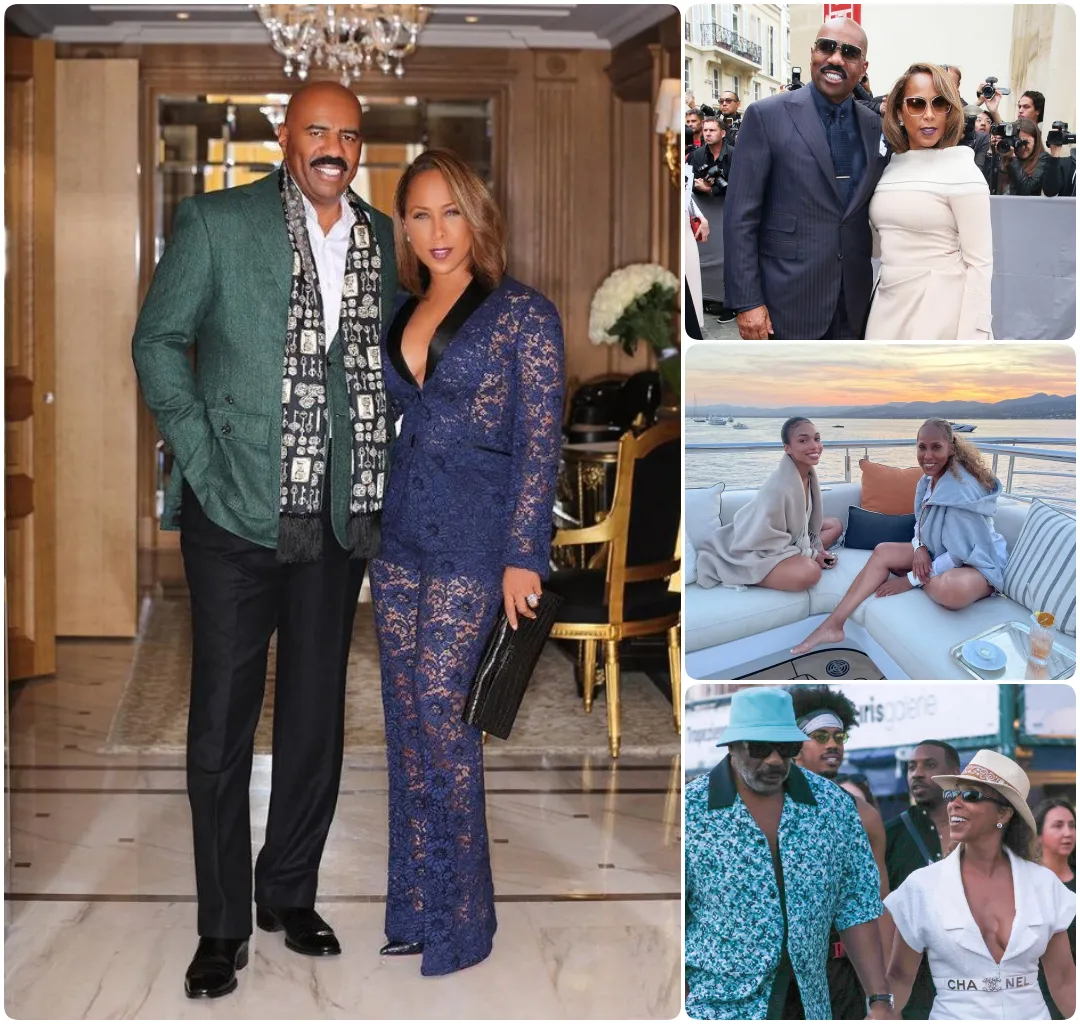Riley Gaines recently made headlines for expressing her disapproval of Brittney Griner's decision to kneel during the National Anthem. In a public statement, Gaines emphasized the importance of showing respect for the country and questioned Griner's actions.

Gaines stated, "You don’t have to sing or anything, but you need to show some respect for the country that saved you from a Russian Gulag." This statement reflects her strong belief in the significance of demonstrating patriotism and gratitude towards the United States.
It is important to acknowledge that individuals have the right to express their opinions and beliefs, including through peaceful protest. However, it is also essential to consider the perspectives of others and engage in constructive dialogue.

In response to Gaines' comments, it is crucial to recognize the complex and multifaceted nature of patriotism. While some may view standing for the National Anthem as a symbol of respect and allegiance to the country, others may interpret it as an opportunity to peacefully advocate for social change.
It is worth noting that the United States has a rich history of individuals exercising their right to protest as a means of addressing social and political issues. This tradition has played a significant role in shaping the nation and promoting progress.

In the case of Brittney Griner, her decision to kneel during the National Anthem can be seen as a form of peaceful protest aimed at raising awareness of important social justice issues. It is a way for her to use her platform as a public figure to draw attention to matters that are deeply meaningful to her and many others.
It is crucial to approach discussions surrounding patriotism and protest with empathy, understanding, and a willingness to engage in meaningful conversations. By fostering an environment where diverse perspectives are respected and valued, we can work towards finding common ground and promoting positive change.
Ultimately, the dialogue sparked by Riley Gaines' comments serves as a reminder of the importance of open communication and mutual respect in addressing complex societal issues. It is through thoughtful engagement and consideration of differing viewpoints that we can strive towards a more inclusive and harmonious society.



